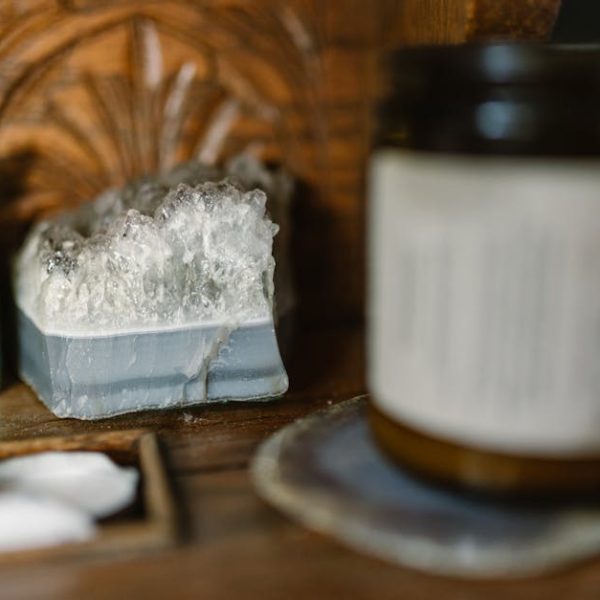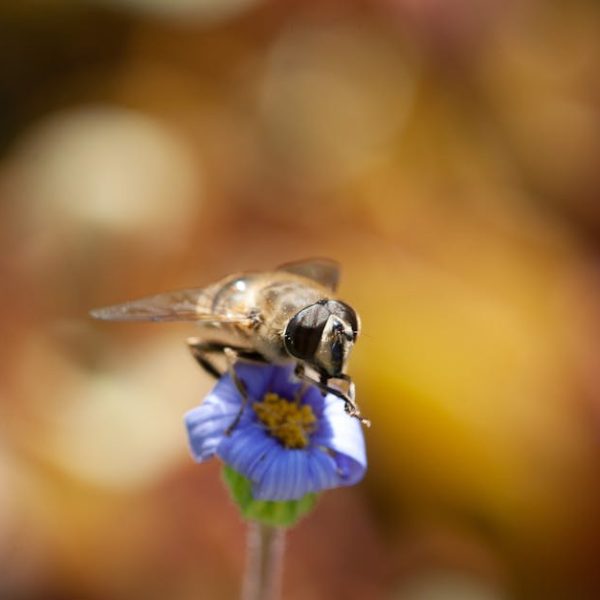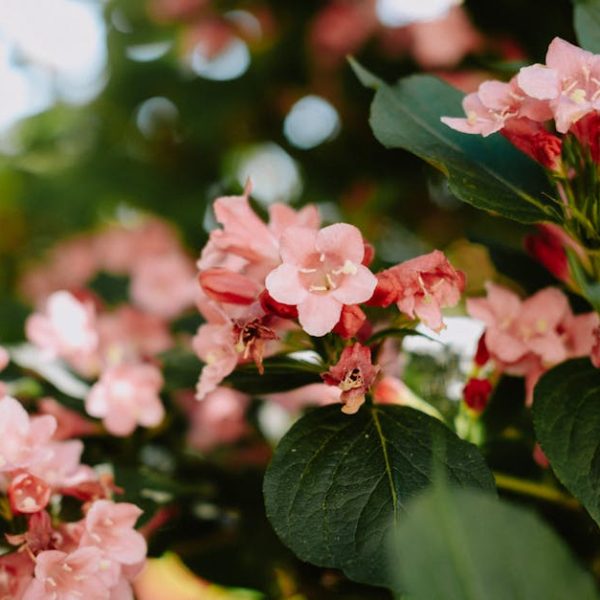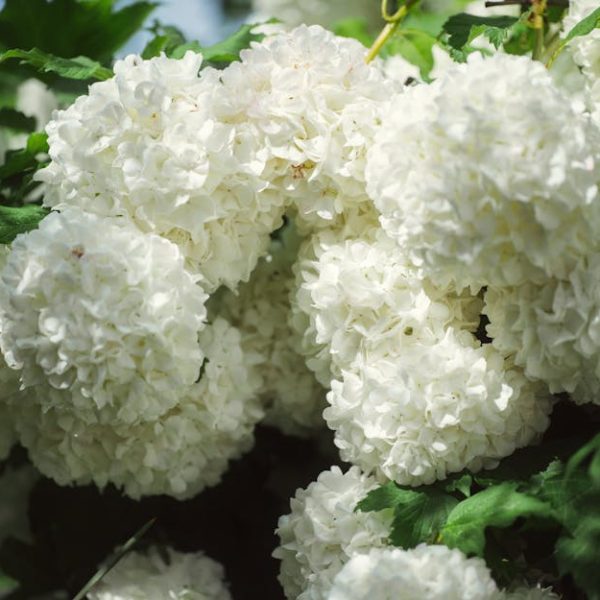If you’ve been battling an ant invasion in your yard, there’s no need to feel powerless or resort to harmful chemicals. Rest assured there are several natural tactics to deter these uninvited guests without causing damage to your garden.
Understanding Why Ants Are In Your Yard
Ants are frequent visitors to our yards because they offer three essential things: food, water, and shelter. They emerge indicated by visible trails, mounds, or damaged plants that can disrupt the health and aesthetics of your outdoor space.
Pro tip: A healthy yard doesn’t mean it’s immune to ant infestations! Even properly maintained landscapes can become a haven for ants if they discover consistent food and water sources.
Creating an Uninviting Environment for Ants
Prevent an ant-free yard from becoming a motel for these tiny creatures by maintaining the cleanliness of your space, discouraging food sources, and conducting regular lawn care.
Consider the following recommendations:
- Regularly trim your plants
- Seal garbage cans
- Perform frequent yard cleanup
- Remove fallen fruits or other potential food scraps
Natural Ant Repellents and Their Application
Giving ants an unwelcome greeting in your yard doesn’t require toxic materials. Mother nature has provided several solutions you can whip up right in your kitchen. For example, essential oils such as peppermint or cinnamon, vinegar, citric fruits, spices, and even diatomaceous earth, can be an effective, natural repellent.
A step-by-step guide to DIY natural ant repellents:
- Choose your desired natural materials
- Mix them in a spray bottle with water
- Shake well before use
- Spray on areas with heavy ant traffic
Every ant repellent element works differently. Here’s a quick snapshot of various natural ant repellents:
| Repellent | Pros | Cons |
|---|---|---|
| Vinegar | Ubiquitous and cheap | Can affect plant health if used excessively |
| Essential Oils | Safe for plants and pleasant scent | May require frequent application |
| Citrus Peels | Eco-friendly and inexpensive | Requires replacing regularly |
| Diatomaceous Earth | Non-toxic for humans and pets | Must avoid inhaling the dust |
Controlling Ant Populations with Natural Predators
Isn’t it wonderful to think that you can naturally and safely control your ant population without lifting a finger? That’s right; thanks to natural predators such as specific bird species, beetles, spiders and other creatures, you can take a backseat and let nature do its thing.
A few methods of encouraging these friendly predators to visit your yard include:
- Erect bird feeders or bird baths
- Plant flowers or shrubs that attract beneficial insects
- Avoid using bright outdoor lights that deter these creatures
Remember, balance is the key – too many predators could disrupt your yard’s ecosystem.
Prevention: Key to a Long-term Ant-free Yard
As the old saying goes, prevention is better than cure. Regular maintenance of your yard, monitoring for early signs, and quick response to any infestation can help maintain an ant-free haven.
Here’s a punchy checklist to help you:
- Regularly inspect your yard for ant mounds or trails
- Seal any cracks or holes in your property’s foundation
- Keep your yard clean and tidy
- Immediately address any sign of ant activity
Pro tip: Ants are most active in the warm season. Spring is the ideal time for you to be extra vigilant and proactive in managing your yard!
Utilizing natural methods to eliminate and prevent ants from invading your yard is not only safe for you and your loved ones, but it’s also environmentally friendly. Remember, it’s essential to understand why ants are attracted to your yard in the first place. Once you’ve got that covered, you can take measures to make your yard uninviting for them, apply natural repellents, and promote the presence of natural predators. Consistent preventive measures round up this holistic approach for a long-term, ant-free yard. Believe me, your yard and Mother Nature will both thank you!
Key Takeaway:
- Ants commonly infest yards in their search for food, water and shelter.
- Making the yard unappealing to ants includes maintaining cleanliness, eliminating food sources and regular lawn care.
- Natural ant repellents, including essential oils, vinegar, citric fruit and diatomaceous earth, have varied effectiveness, cost, safety and ease of use.
- Natural predators like certain birds and insects can assist in controlling ant populations.
- Regular monitoring, prompt response to infestation signs and consistent preventive measures are crucial for maintaining a long-term ant-free yard.
Remember, the battle against ant infestation in your yard can be won without resorting to harmful chemicals. Understanding the cause, creating an ant-unfriendly environment, using natural repellents and predators, and employing preventive measures are the keys to safeguard your yard. Stay dedicated and patient!
FAQs
Q: Are there specific plants that can naturally repel ants?
A: Yes, certain plants like peppermint, rosemary, and tansy are known to have ant-repelling properties. However, it’s crucial to research the plant species before planting them in your yard to ensure they are compatible with your local climate and soil type.
Q: How often should I apply natural ant repellents?
A: The frequency of application depends on the specific repellent used, the severity of the infestation, and the weather conditions. As a rule of thumb, regular application during the early stages of an ant infestation can help effectively control ant populations.
Q: What is a safe way to handle diatomaceous earth during application?
A: When applying diatomaceous earth, it’s recommended to wear a mask to avoid inhaling the dust. While non-toxic to humans and pets, inhaling it can be irritating to the lungs.
Q: My yard is regularly maintained, yet I still see ants. Why?
A: Even a well-maintained yard can attract ants if there are consistent food and water sources, such as open garbage or compost bins, pet food, etc. Ensure you’re eliminating all possible attractants and applying repellents to keep ants at bay.
Q: Are there specific seasons when ant infestations are most likely?
A: Yes, ants are most active during the warm season, specifically spring and summer. This is the ideal time to be extra vigilant and proactive in your anti-ant measures.
Challenge those pesky ants without breaking a sweat or harming our environment. Ready to explore additional natural solutions? Feel free to continue browsing here or share this post with others who might find it helpful!






